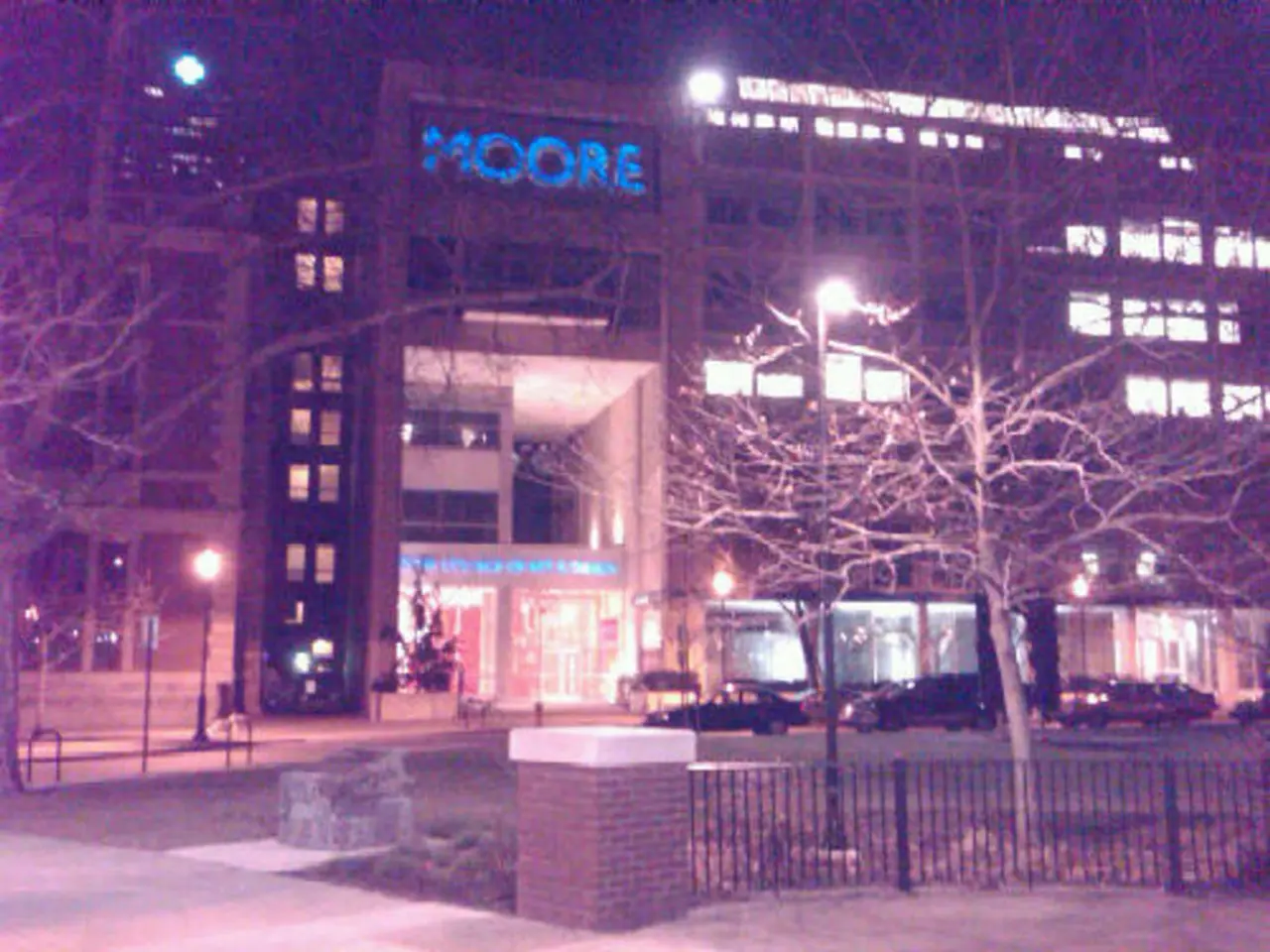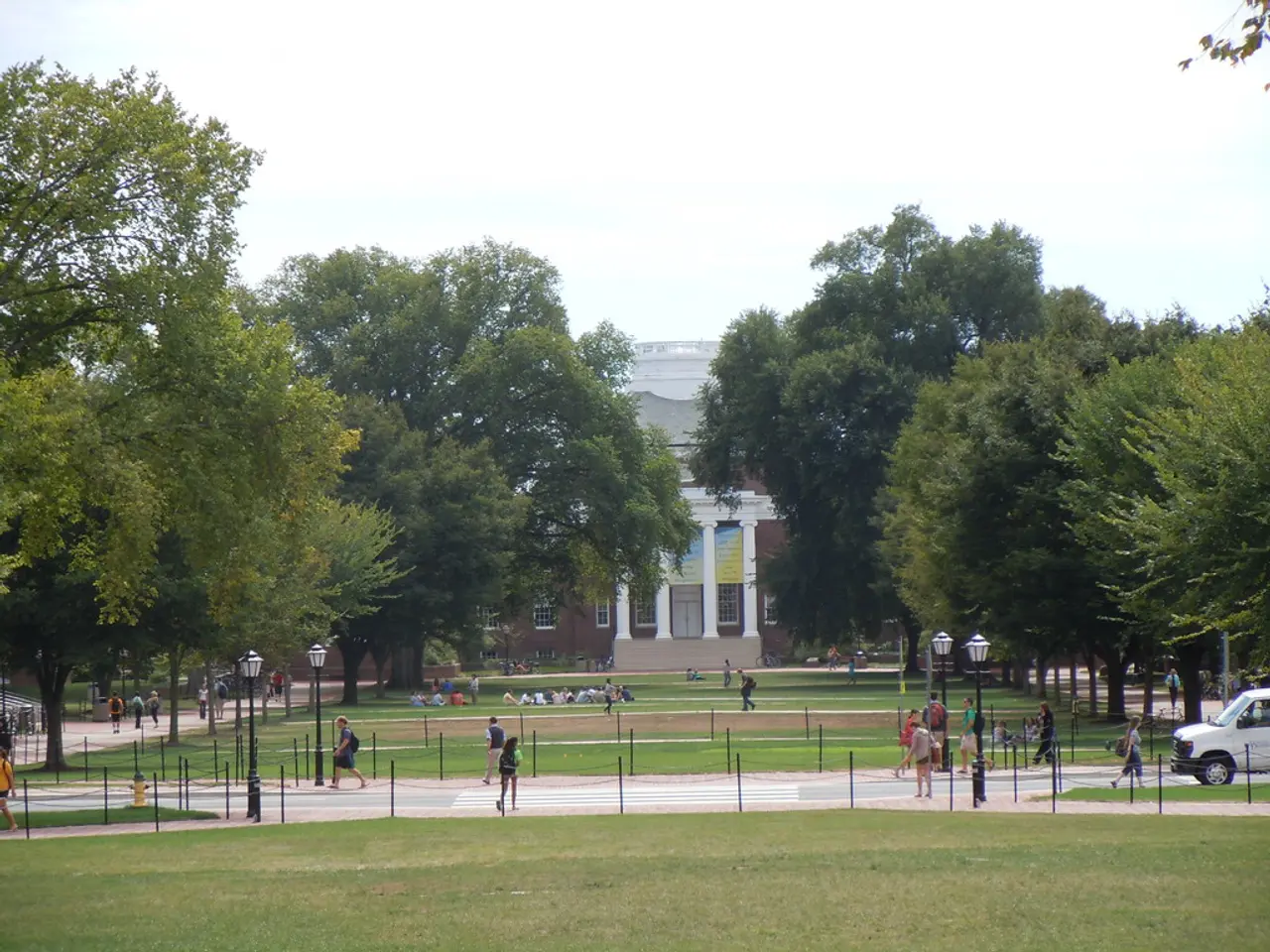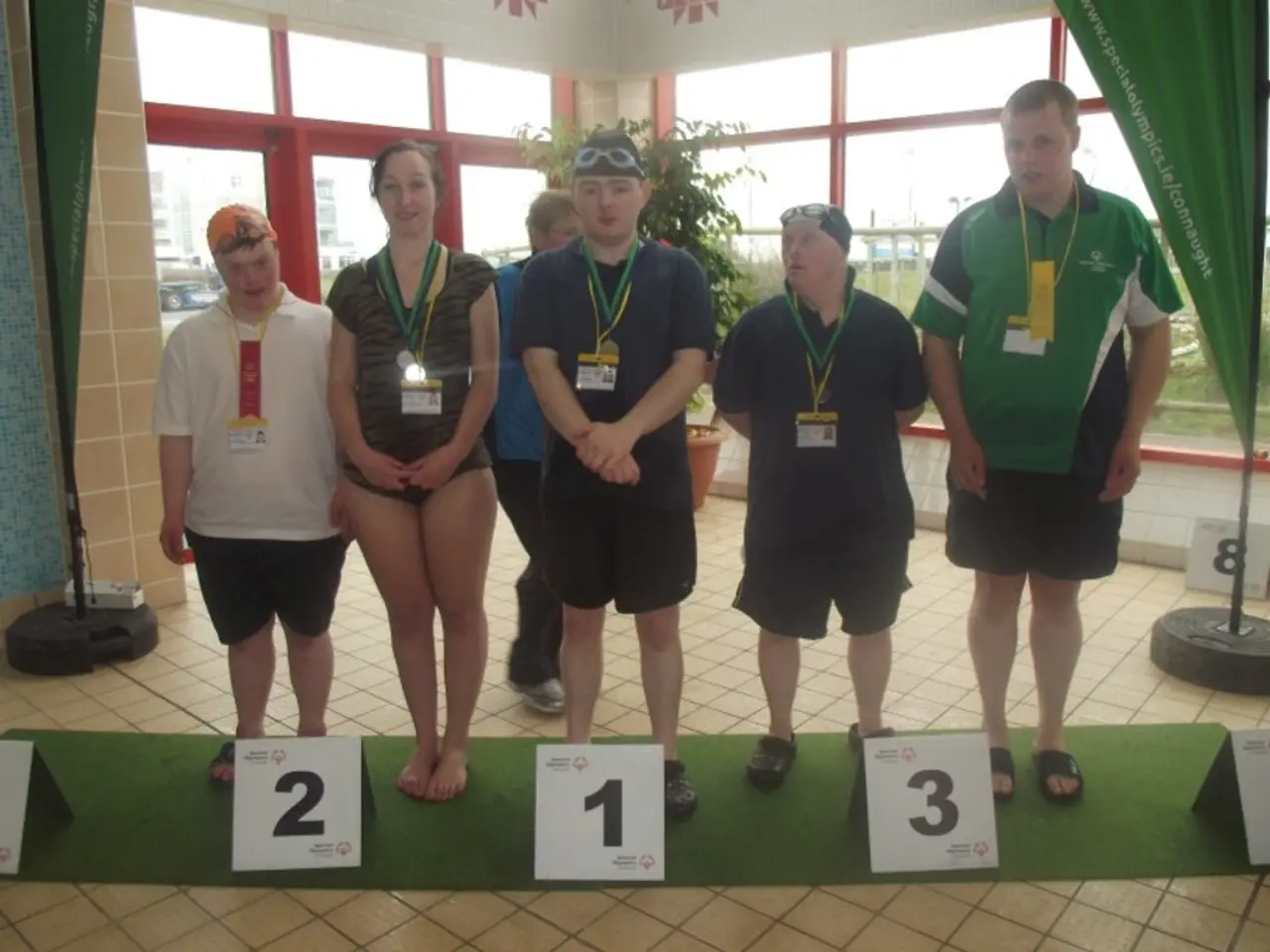Unveiling strategies to augment investment obstacles in North Rhine-Westphalia
North Rhine-Westphalia (NRW) is set to streamline the disbursement of federal special funds for infrastructure investments, focusing on schools, hospitals, transportation, and climate protection. This move aims to reduce bureaucratic hurdles and expedite the distribution of funds.
SPD legal experts suggest a trust-based funding approach that minimizes complex application and proof of use procedures. This approach could be achieved by:
1. **Broad project categories**: Instead of detailed project-specific applications, funds would be distributed based on broad project categories aligned with NRW's discretionary priorities, offering flexibility and responsiveness in spending decisions.
2. **NRW's discretionary spending**: The focus would be on NRW’s own discretionary spending, excluding federal mandates or earmarked grants, which simplifies the eligibility criteria and accelerates fund allocation.
3. **Predefined project selection criteria**: Excluding federally prescribed projects, NRW would have autonomy in choosing projects that best meet their priorities without administrative delays.
4. **Transparent but lean reporting standards**: Reporting would focus on aggregate outcomes rather than exhaustive individual project documentation, reducing the administrative burden on local authorities and project implementers.
This approach mirrors NRW’s existing framework for managing sustainability bond proceeds, where project selection is based on NRW's discretionary spending and aligned with predefined categories such as affordable basic infrastructure, access to essential services, clean transportation, and climate change adaptation.
In addition, SPD legal experts advocate for enabling cities, municipalities, and districts in NRW to carry out necessary maintenance and investment projects. Programs for hospital investments, sports facilities, and modernizing school infrastructure, such as 'Good School 2030', are suggested.
The investment backlog in NRW, worsened by the debt brake, highlights the need for quick and efficient use of federal special assets dedicated to infrastructure development and climate protection. This method respects the constitutional self-reliance of the states while ensuring timely investments in critical sectors.
According to the experts, the passage of funds to the municipalities should not require a complex application and proof of use procedure. The 500-billion investment package from the federal government should be quickly and uncomplicatedly passed on to the municipalities in NRW, with investment funds also advised in the area of transportation and mobility.
In conclusion, NRW should emphasize autonomy, simplified eligibility, and outcome-focused accountability in fund distribution to meet the recommendations for quick and efficient use of federal special assets. This method aims to ensure funds are used effectively while speeding up distribution and reducing bureaucratic complexity.
- This approach in North Rhine-Westphalia (NRW) could extend to various sectors, such as education-and-self-development, by providing funds for programs like 'Good School 2030', sports facilities, and education infrastructure modernization.
- In line with the simplified eligibility criteria and quick disbursement of funds, NRW could also prioritize investments in sectors like finance, weather, and sports, allocating resources to improve services and facilities without unnecessary administrative hurdles.




